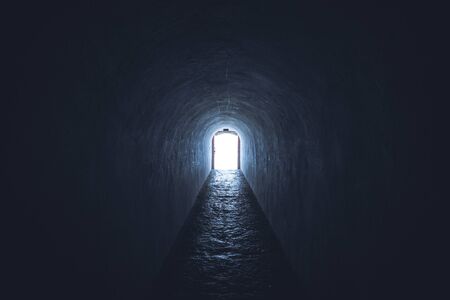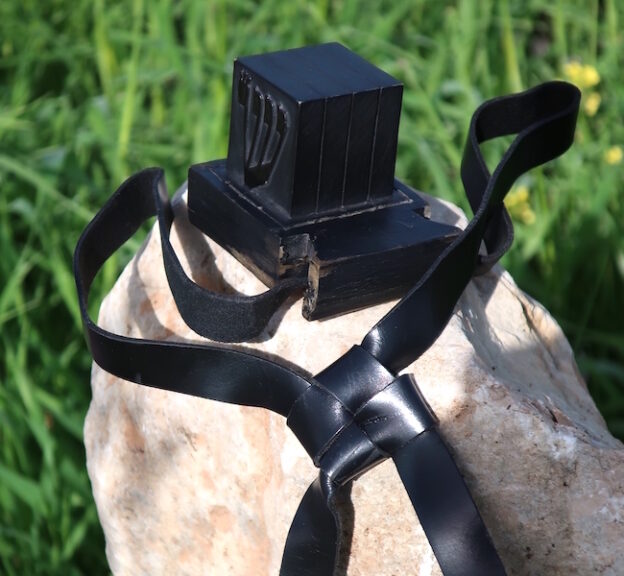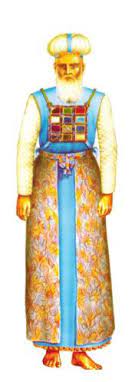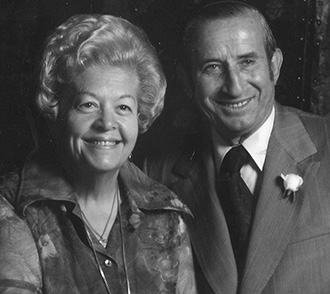We instinctively think of nega’im as born of lashon hora, “evil speech,” and we’re not wrong. But there is another birther of the condition, one that is evident in the very word metzora: tzarus ayin, “miserly eye” – selfish narrowmindedness, begrudging others one’s possessions.
That is particularly evident in the fact that, in the case of nig’ei batim, the tzara’as that afflicts walls of a house, the owner, before the house is declared tamei by a kohein, is told to take the home’s vulnerable vessels outside, exposing them to public view. What’s more, the Torah’s concern for the owner’s possessions stands as a lesson to him about caring for others’ needs.
Jews, as a people, are famously generous. We may be frugal, but that bespeaks something positive, our recognition of the worth of even small things. When it comes to charity, though, U.S. Jews per capita are more philanthropic than any other ethnic or religious community.
But tzarus ayin can manifest itself in a realm apart from charity. The Kli Yakar sees in the phrase “asher lo habayis” – “that is to him the house” (Vayikra 14:35) – an indication of a miser’s mindset: he thinks the house is truly his, when, in reality, it, like all we may think we “own,” is only temporarily in his control, on loan, so to speak, from Hashem.
Chazal created an entire class of imperatives based on that reality: birchos hanehenin, “blessings to be made before indulging.” When we recite a brachah before enjoying food or even fragrance, we are acknowledging that what is about to benefit us is from Hashem.
It’s ironic that a society like ours today, so blessed with such plenty, is not more careful when it comes to acknowledging our blessings. “Bruchanoi” may be somewhat reminiscent of the first three words of a brachah, but only somewhat. And quickly mumbling a brachah as some sort of irksome incantation without thinking about what its words mean is no replacement for summoning the gratitude the brachah is meant to express.
Even generous eyes can be miserly. Ours shouldn’t be.
© 2024 Rabbi Avi Shafran









